Resource Center
The Transit Workforce Center is pleased to host a curated collection of publications and other materials to assist stakeholders engaged in transit workforce development. The Resource Center includes case studies, training materials, research reports, and other materials of interest, including publications produced by federal government agencies, transit organizations, and independent research entities. Resources may be filtered by topic, resource type, and transit mode. This TWC blog post explains how to use the Resource Center.
We are continuing to update the Resource Center regularly. Please contact us via the Request Help menu option if you would like assistance using the Resource Center or are looking for resources on a particular topic. We also welcome suggestions of topics or specific resources to add.
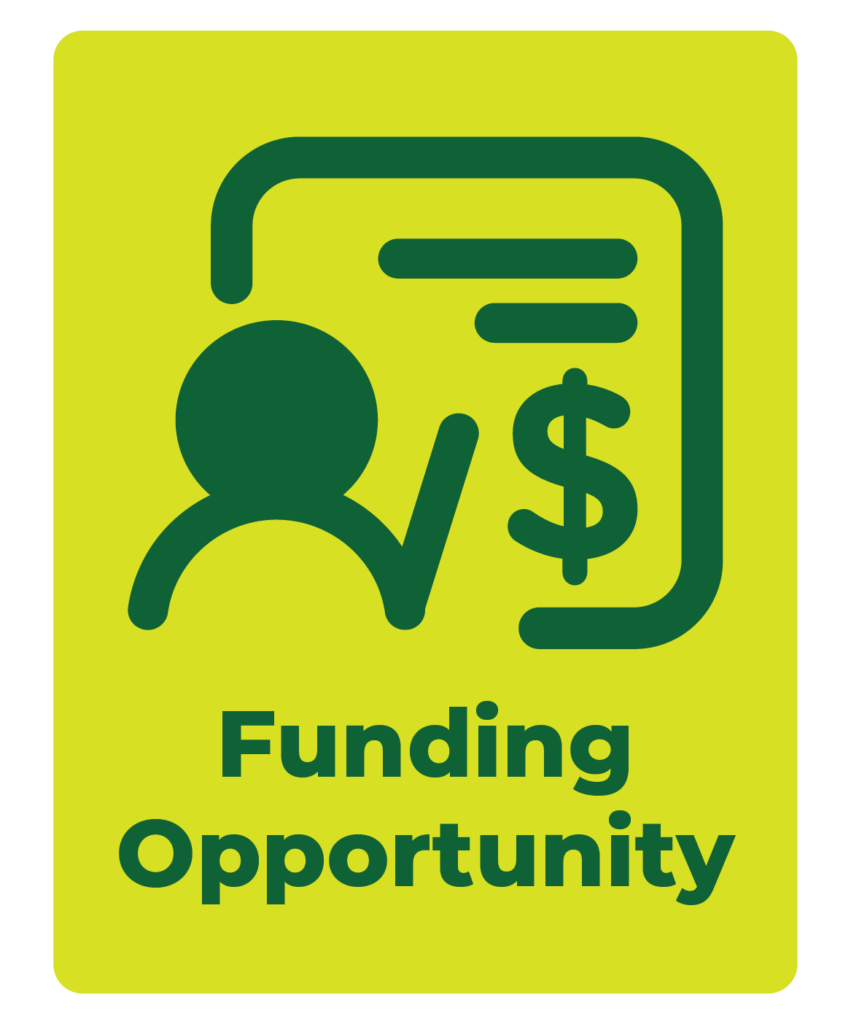
Women in Apprenticeship and Nontraditional Occupations (WANTO) Technical Assistance Grant Program
Administering Agency: U.S. Department of Labor, Womens Bureau
Posted Date: Apr 11, 2024
Closing Date for Applications: Jun 10, 2024
Funding Range: Total funds available: $6,000,000 — Grant award maximum: $750,000; Grant award minimum: $350,000
Geographic Scope: National
TOPICS: Apprenticeship, Career Pathways, Diversity, Equity, Inclusion, and Access, Funding Opportunities
Description: This program aims to provide technical assistance (TA) to employers (which may include public sector entities) and labor unions in the United States and its territories to encourage employment of women in both apprenticeable occupations and nontraditional occupations (A/NTO), specifically in the following ways:
- Developing (establishing, expanding, and/or enhancing) pre-apprenticeship, youth apprenticeship, Registered Apprenticeship (as defined in Appendix B “Acronyms and Definitions”), or other nontraditional skills training programs designed to prepare women for careers in A/NTO;
- Providing ongoing orientations or other resources for employers, unions, and workers on creating a successful environment for women in A/NTO; and/or
- Setting up support groups, facilitating networks, and/or providing supportive services (as defined in section IV.E.3) for women in A/NTO to improve their retention.
Applicants may propose to provide technical assistance to support women’s participation and success in the full range of industries in which women are historically underrepresented or where women are disproportionately concentrated in the lower-wage occupations. Such industries include, but are not limited to; advanced manufacturing, construction, energy, health care, information technology, finance, and transportation. Applicants with experience working with or as an equity intermediary are encouraged to apply, as well as applicants with a proposed focus on expanding outreach/recruitment to historically underrepresented communities, including but not limited to women of color and women with disabilities, women at or below the federal poverty line, formerly incarcerated women, immigrant women, transgender women, and women who live in rural geographic areas
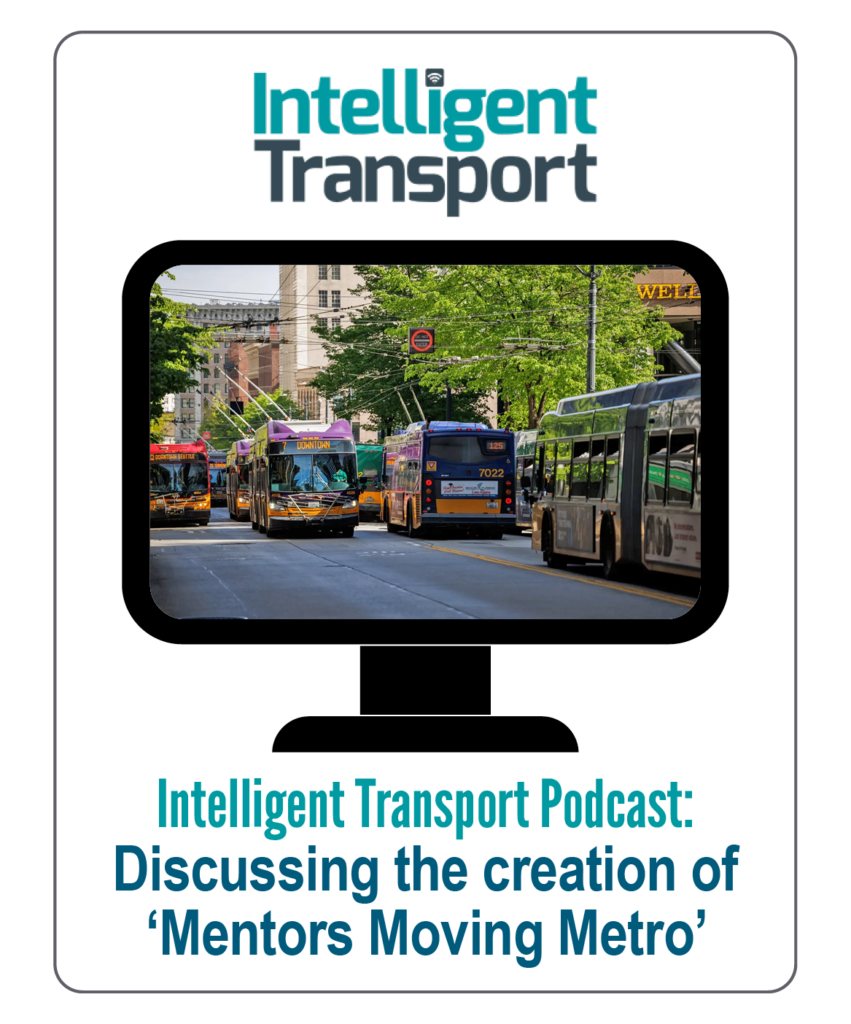
Intelligent Transport Podcast: Discussing the creation of ‘Mentors Moving Metro’
“Mentors Moving Metro” is a partnership between Metro and the Amalgamated Transit Union (ATU) Local 587 that will match experienced operators with new, part-time operators for six to 12 months. In this podcast discussion, Metro’s Director of Bus Operations, Phil DeVault, and transit operator and ATU member, Patrick Brady, talk about how “Mentors Moving Metro” is helping foster relationships and provide knowledge that can only come those who have been “in the seat.” They discussed the origins of the program, how mentors can be a morale boost for operators, and how it can foster greater interaction between operators and management. They finished the podcast by discussing their vision on developing it from a mentorship program to an apprenticeship program for drivers joining Metro in the future.
Intelligent Transport
March 2024
LEARN MORE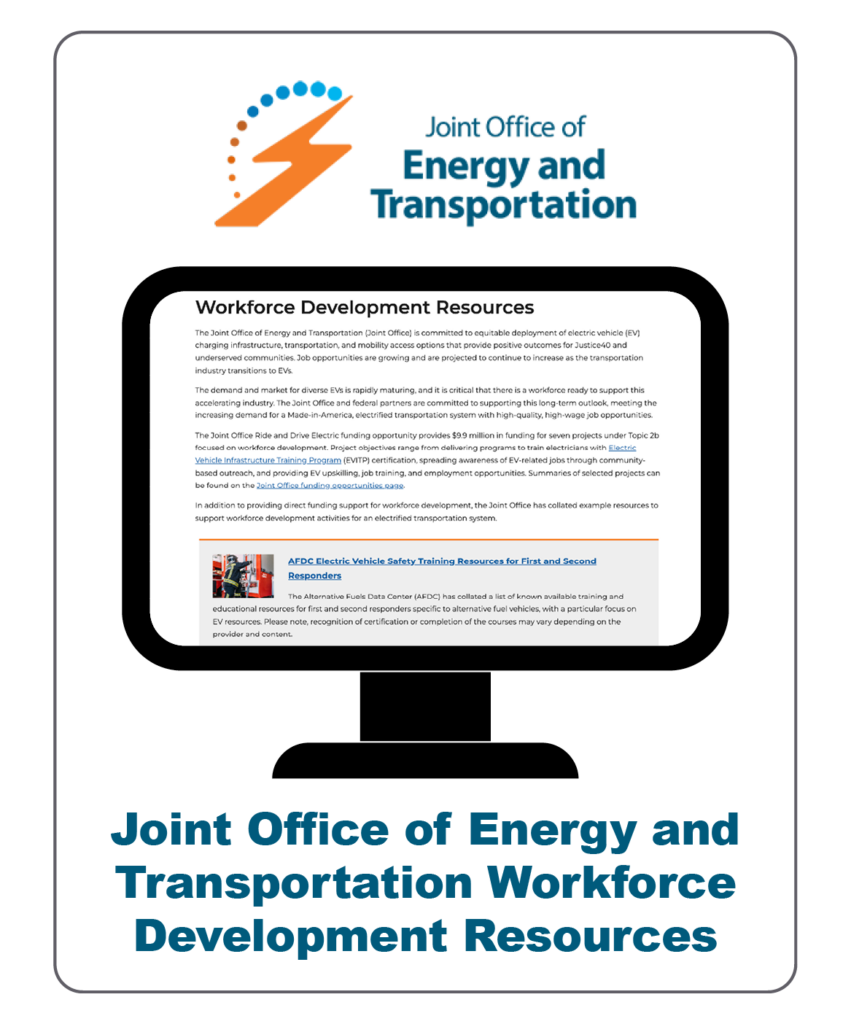
Joint Office of Energy and Transportation Workforce Development Resources
The Joint Office of Energy and Transportation (Joint Office) supports the deployment of zero-emission, convenient, accessible, and equitable transportation infrastructure. In addition to providing direct funding support for workforce development, the Joint Office has collated example resources to support workforce development activities for an electrified transportation system.
Joint Office of Energy and Transportation
TOPICS: Apprenticeship, Funding Opportunities, Policy and Planning, Training, Workforce Shortage, Zero Emission Buses
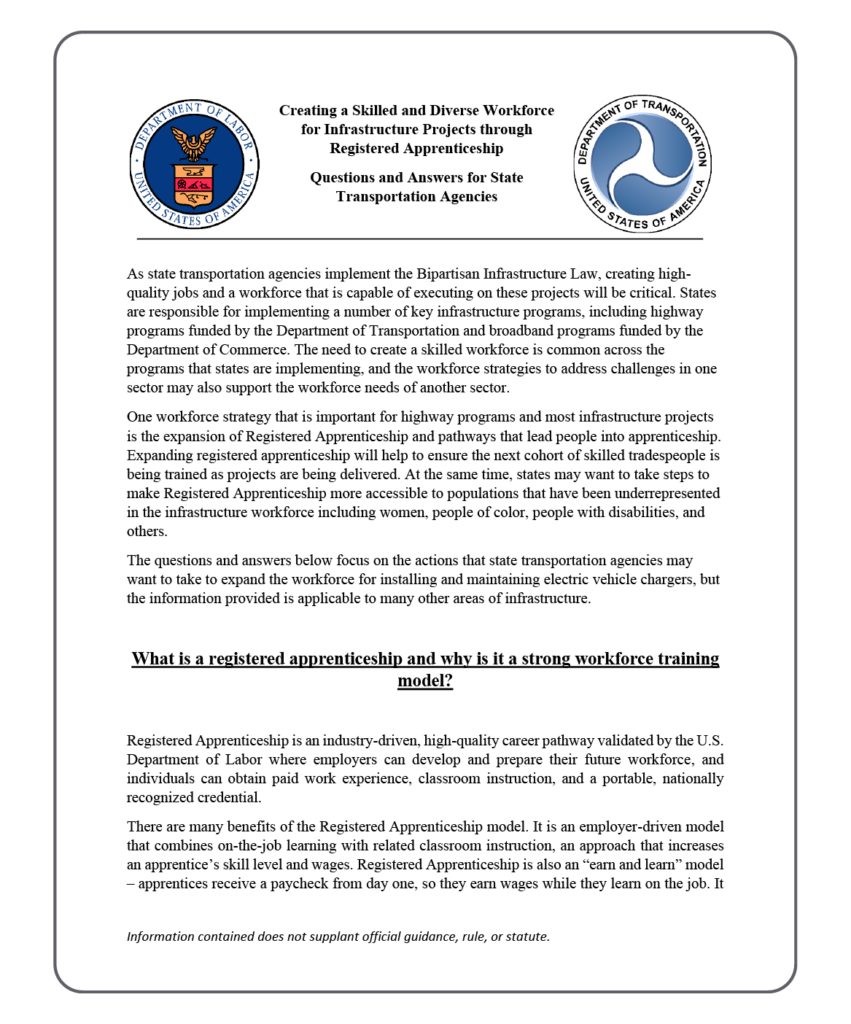
Creating a Skilled and Diverse Workforce for Infrastructure Projects through Registered Apprenticeship
The expansion of Registered Apprenticeship and pathways that lead people into apprenticeship is an important workforce strategy for many infrastructure projects. Agencies can take steps to make Registered Apprenticeship more accessible to populations that have been underrepresented in the infrastructure workforce including women, people of color, people with disabilities, and others.
The questions and answers in this resource focus on expanding the workforce for installing and maintaining electric vehicle chargers, but the information provided is applicable to many other areas of infrastructure and transportation.
Department of Labor, Department of Transportation
LEARN MORE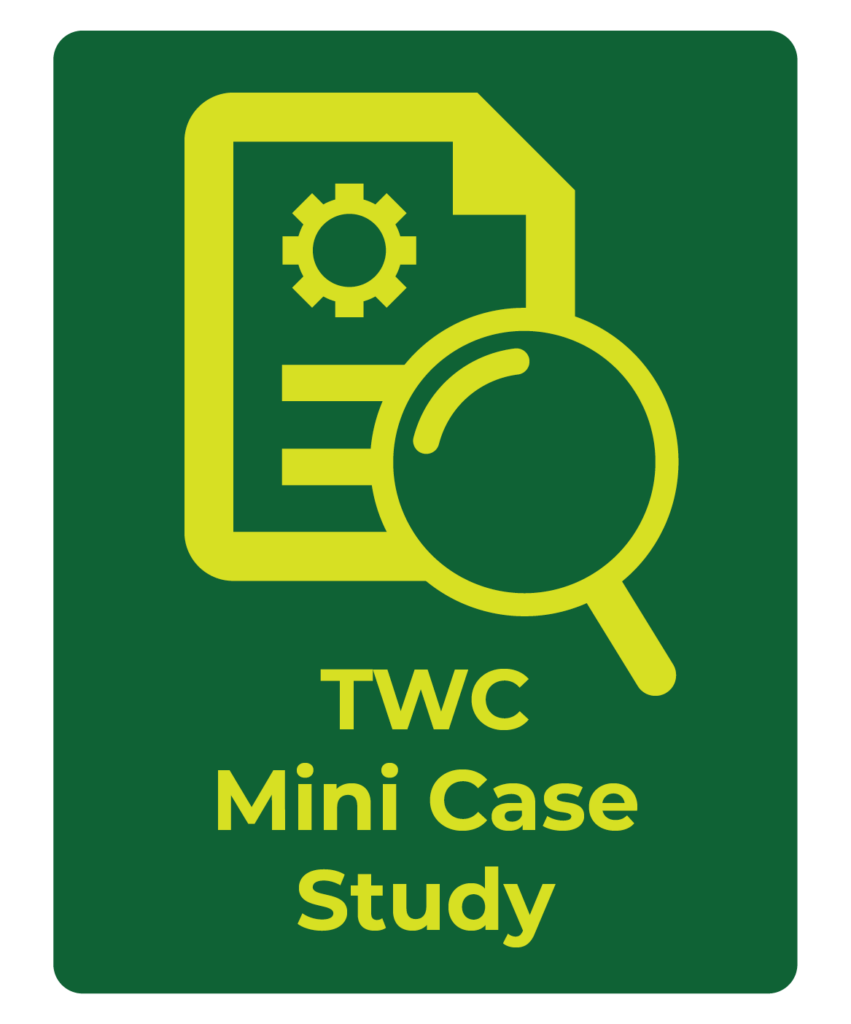
Case Study: Golden Gate Transit & Amalgamated Transit Union Local 1575
Marin County, California-based Golden Gate Transit (GGT) operates commuter bus lines in four Bay Area counties, including San Francisco. Like many agencies, GGT has struggled with operator recruitment and retention. To address these challenges, the agency and the union representing operators, Amalgamated Transit Union Local 1575, formed a labor-management partnership, the Workforce Investment Network (WIN). The WIN partnership has implemented bus operator mentorship, apprenticeship, and pre-apprenticeship programs; formed partnerships with educational institutions and community groups; made policy changes to promote diversity, equity, and inclusion; and identified opportunities to remove particular barriers to entry for job seekers.
Transit Workforce Center
February 2024
TOPICS: Apprenticeship, Career Pathways, Diversity, Equity, Inclusion, and Access, Hiring and Recruitment, Labor-Management Partnerships, Mentorship, Policy and Planning, Trainer and Mentor Development, Training, Workforce Shortage
Read Rich Diaz’s Transit Career Story on the TWC Blog to learn more.
View the full case study below:
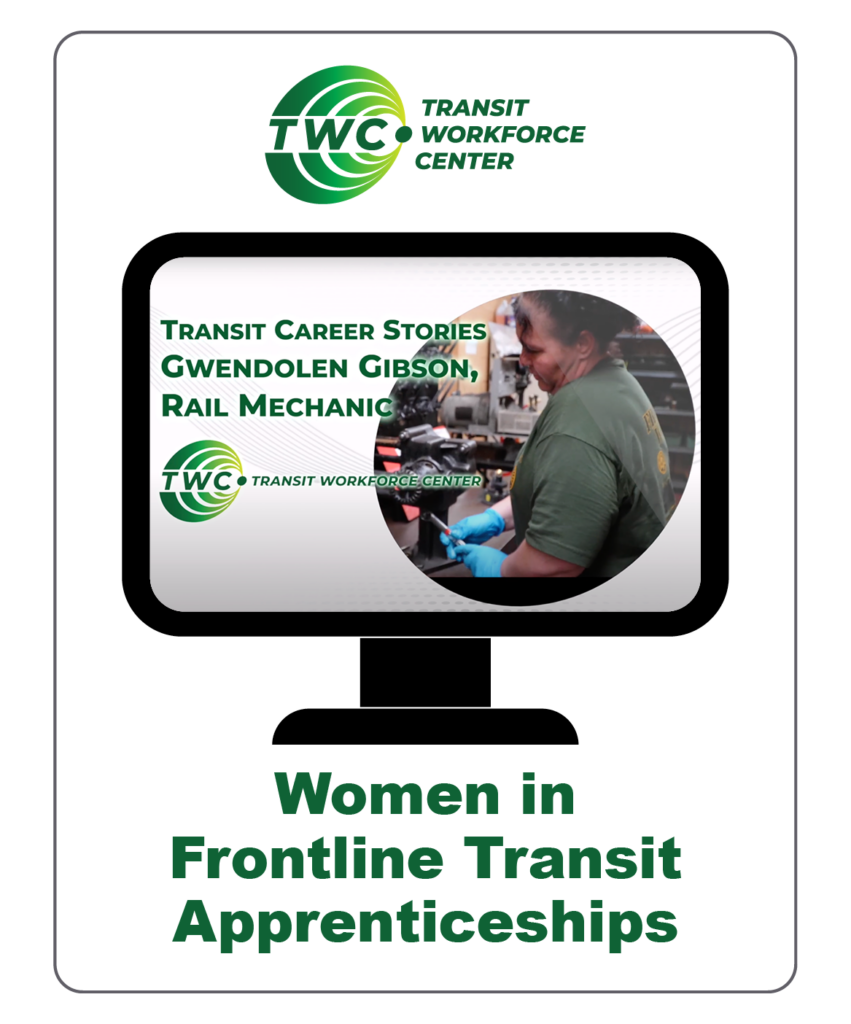
Women in Frontline Transit Apprenticeships
In honor of National Apprenticeship Week, TWC celebrated the tremendous progress made by transit agencies in implementing apprenticeship programs for various transit occupations. Women have long been under-represented in the most high-paying, highly skilled frontline transit occupations. The number of women in registered apprenticeship programs is increasing across industries, and public transit is no exception. Women from public transit agencies across the country have found rewarding careers with family-sustaining wages through apprenticeship.
This event featured a presentation from Liz Weiss, Deputy Director of the Working for America Institute along with a panel of women in registered apprenticeship programs from COTA/TWU Local 208 and MARTA/ATU Local 732.
Transit Workforce Center
November 2023
TOPICS: Apprenticeship, Career Pathways, Diversity, Equity, Inclusion, and Access, Labor-Management Partnerships
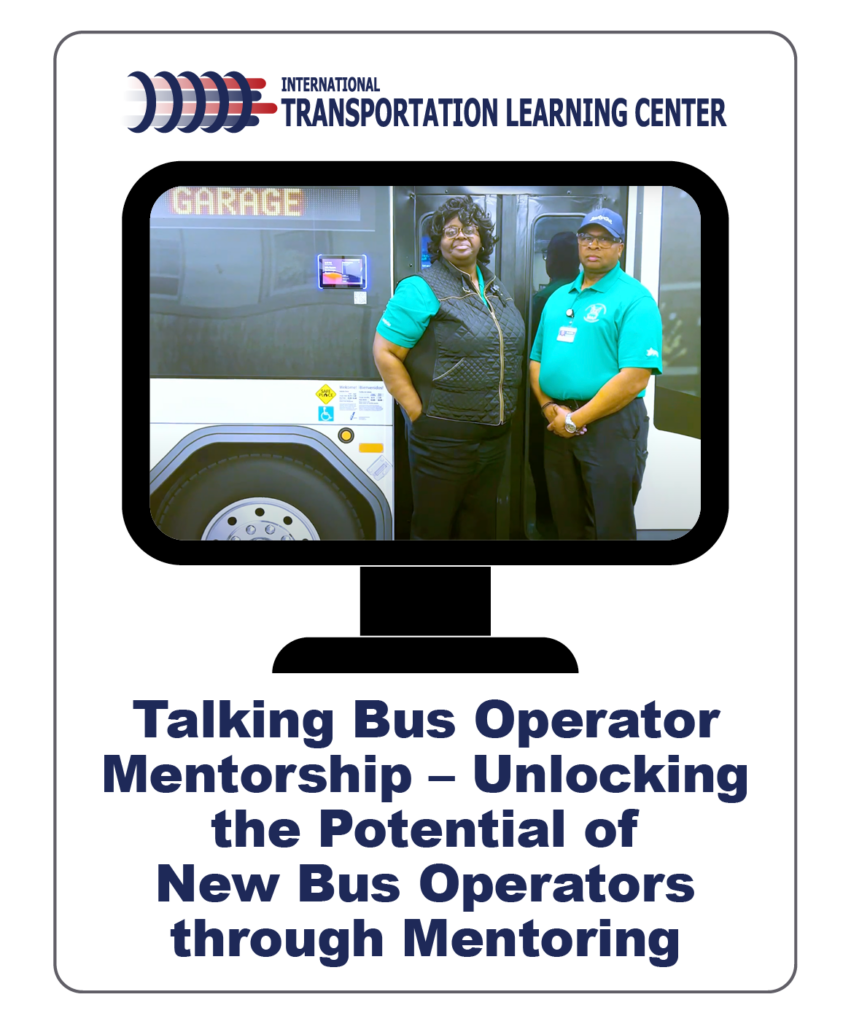
Talking Bus Operator Mentorship – Unlocking the Potential of New Bus Operators through Mentoring
Bus Operator Mentors from WMATA (Washington, D.C./ATU Local 689) and IndyGo (Indianapolis, IN/ATU Local 1070) speak about the benefits of mentorship programs. IndyGo’s President and CEO Inez Evans and ATU’s Director of Apprenticeships and Workforce Development Jamaine Gibson also share their thoughts on the importance of establishing these programs.
International Transportation Learning Center
November 2023
LEARN MORE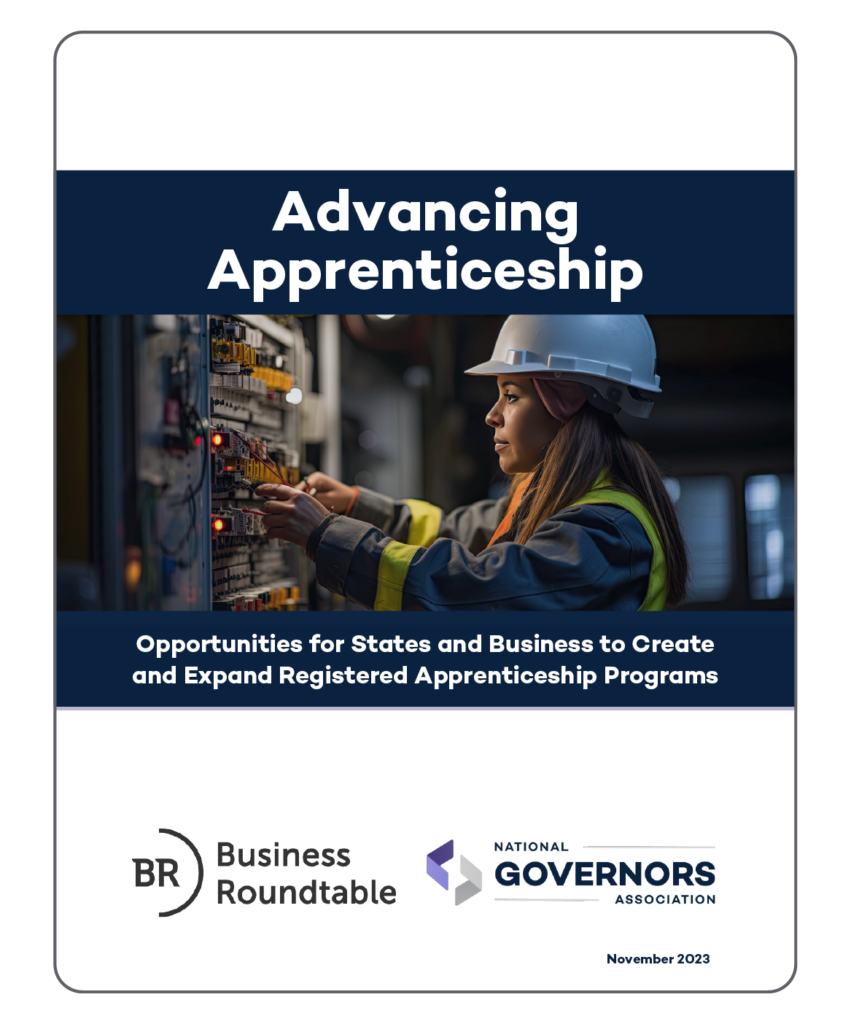
Advancing Apprenticeship: Opportunities For States And Business To Create And Expand Registered Apprenticeship Programs
This publication highlights the significance of Registered Apprenticeship Programs (RAPs) as one of several strategies and opportunities that employers and states can implement and offer to individuals as a viable path toward securing and prospering in a career. Registered Apprenticeship plays an important role in the U.S. economy and workforce ecosystem by satisfying employer talent needs while providing training and employment pathways for individuals in family-sustaining, in-demand careers. A registered apprenticeship is an intensive program that offers an individual paid on-the-job experience, coupled with classroom learning that together provides a jobseeker with the necessary skills to secure gainful employment.
National Governors Association
November 2023
TOPICS: Apprenticeship, Career Pathways, Policy and Planning





 CLEAR
CLEAR

